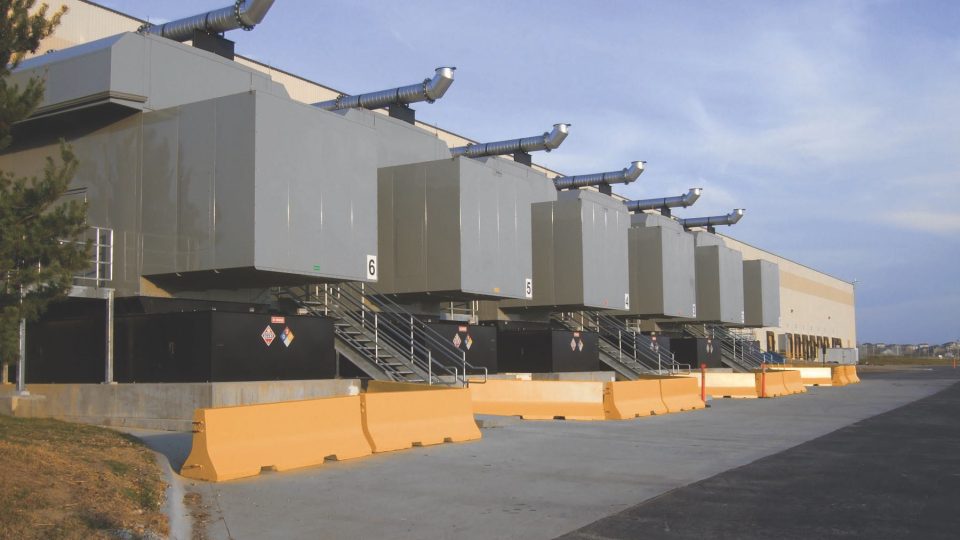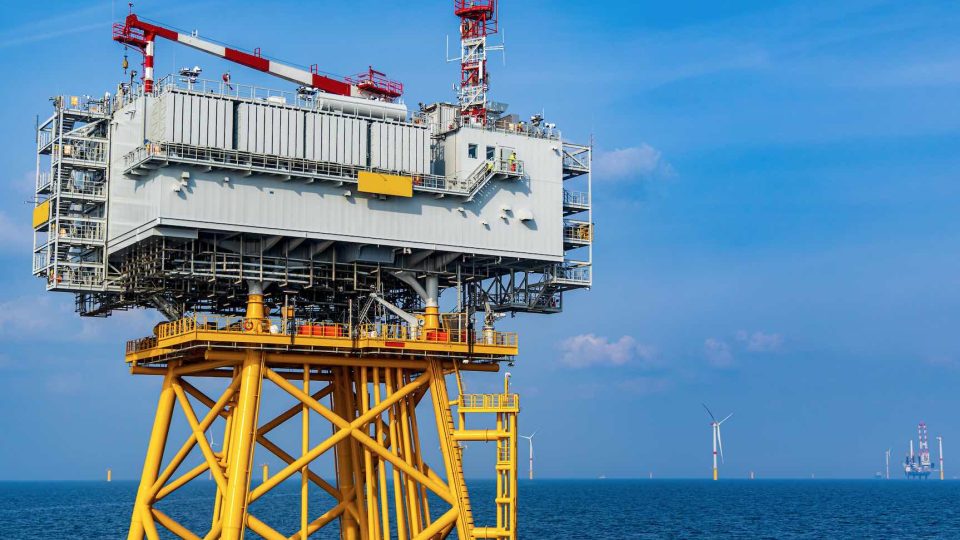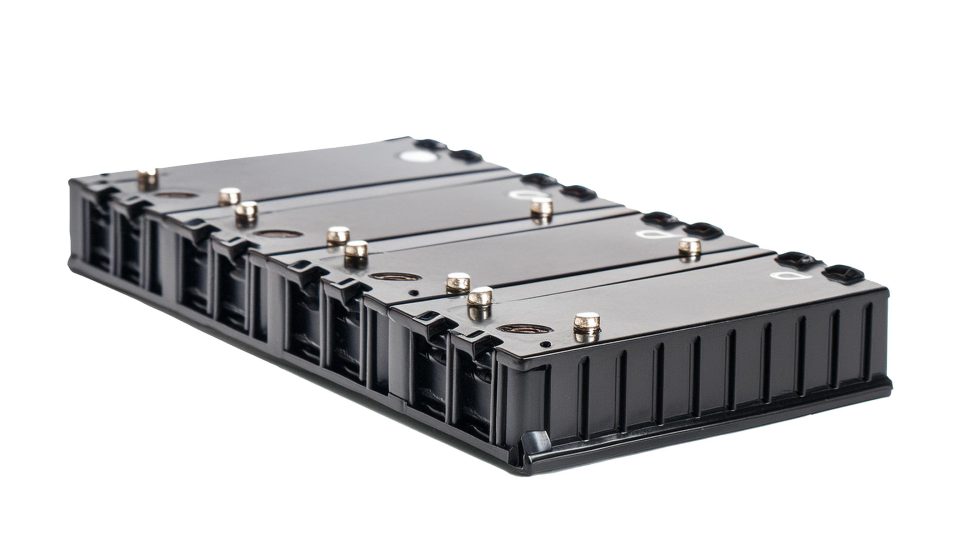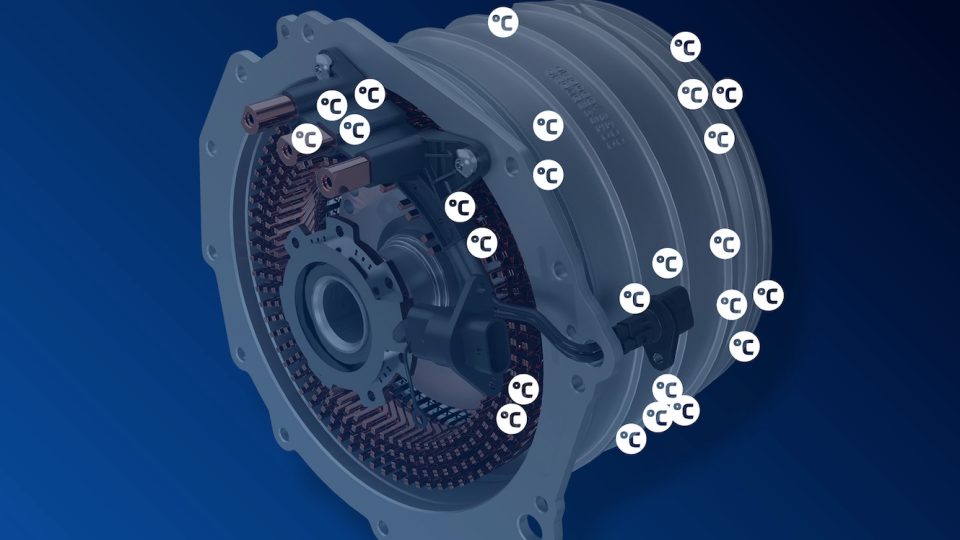Proton and ostermeier H2ydrogen
ostermeier H2ydrogen Solutions and Proton Motor Fuel Cell power up in the new "Energy Park" of Ulm University of Applied Sciences
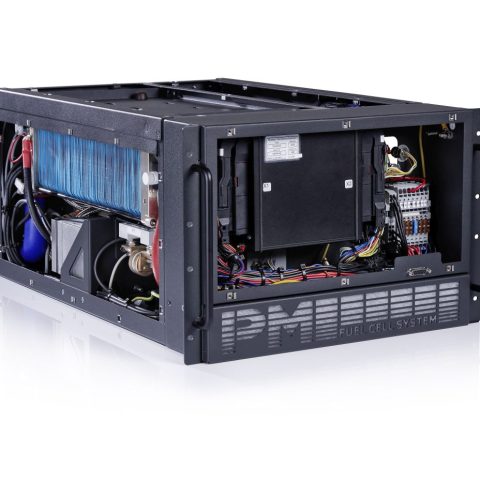
As a component of the academic real-world laboratory of Ulm University of Applied Sciences, ostermeier H2ydrogen Solutions delivered a containerised electrolysis plant in spring 2024, into which the hydrogen fuel cell system HyModule S8 from Proton Motor Fuel Cell has been integrated.
Proton and H2ydrogen for the Energy Park of Ulm University
Since 2022, the new, now opened and unique in Germany Energy Park has been built on the campus of the University of Technology in the science city of Ulm. As part of the “Green Hydrogen Model
Region”, the project is intended to research the interaction of different sustainable energy systems. The overarching goal of the research camp, in whose total costs of around €3 million the state of Baden-Wuerttemberg is contributing €2 million in funding, is to answer current questions about technology, environmental and climate issues. In particular, the possible applications and the prospective economic viability of hydrogen and fuel cell technology are to be clarified. The scientists of the research project primarily want to demonstrate how fluctuations in the green power grid can be compensated for with hydrogen in the future. For example, if too little electricity can be produced to cover the energy demand at times. The scenario exists if there is perhaps too little wind for wind turbines or too little sun for photovoltaic systems. In electrolysis, operated by the in-house photovoltaic system on the university roof, it is investigated how hydrogen can be used to secure the power supply, i.e. how the grid-serving mode of operation is to be evaluated. For smaller loads, the fuel cell, and for larger loads, a gas turbine powered by 100% hydrogen can help to compensate for grid fluctuations in the function of a kind of emergency power generator. Those responsible at Ulm University of Applied Sciences are convinced of the radiance of the Energy Park project for the energy transition. Because electricity is stored permanently. And it is available exactly when it is needed.
United Nations’ Sustainable Development Goals
The storage and conversion of energy is a key element of the future energy supply on the way from fossil fuels to renewable energies. According to Proton Motor, fuel cell and hydrogen technologies – also in connection with battery storage systems – are assessed as essential building blocks of future energy supply. In many parts of the world, the energy supply is severely limited by power outages or takes place off-grid, without connection to the central power grid. In most locations with such a decentralised energy supply, generators that use fossil fuels such as gasoline and diesel continue to be used to generate energy. With emission-free hydrogen fuel cells, an autonomous, decentralised, stable and sovereign energy supply can be implemented. This can make a decisive contribution to achieving the United Nations’ Sustainable Development Goals (SDGs) and the global climate protection goals set out in the Paris Climate Agreement of 2015.







